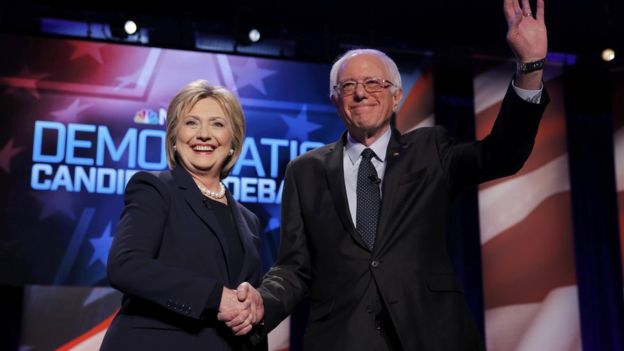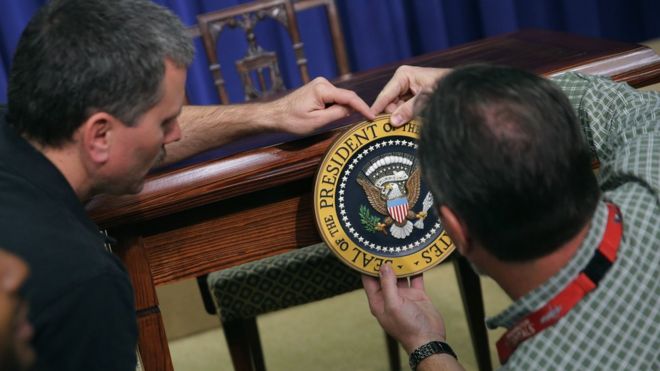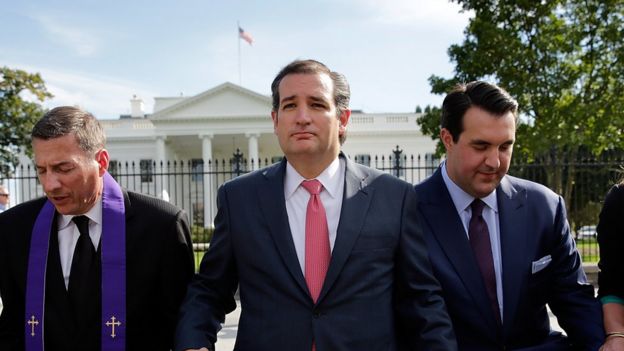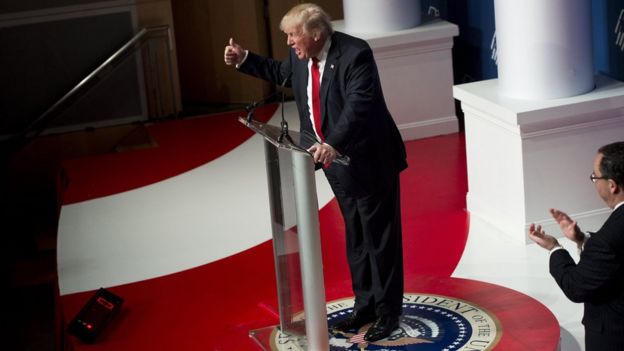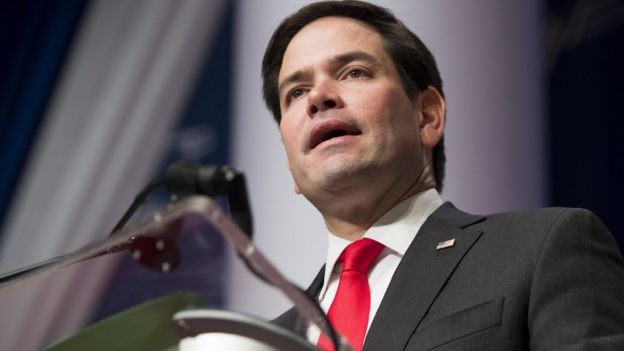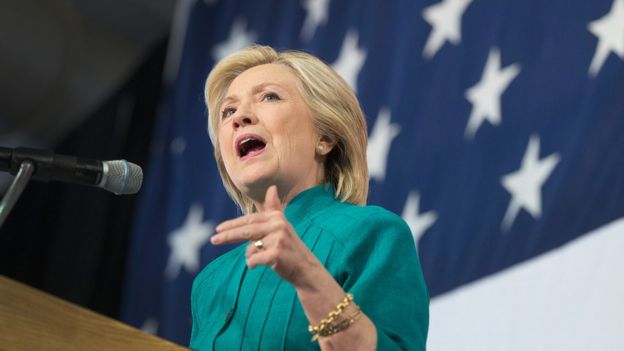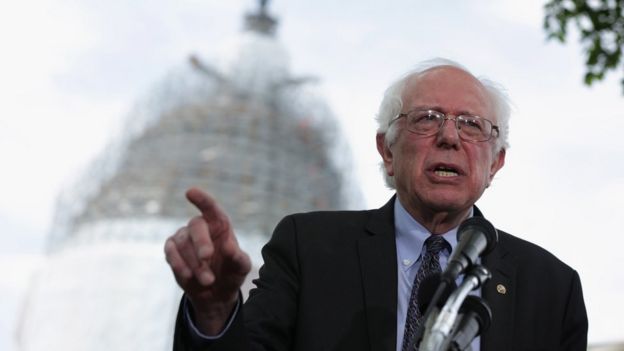Response to recent articles by CPUSA leadership
By James Thompson
The USA is in a highly unusual period. There is a global economic crisis which reaches from Asia to the Middle East to Africa to Europe to South America and North America. No capitalist country is immune to this looming disaster. Oil prices are down, inventories are up, sales are down, stockmarkets are down, interest rates are in purgatory, profits are down, unemployment is up and, understandably, the working class is angry.
At the same time, there is no organized communist or socialist movement on the globe. Historically, communist parties around the globe have fought for the interests of the working class. However, at this juncture, no such party or movement is effective or even exists. To some, it might seem that after years of repression, wars and rumors of wars, the working class has capitulated since the bourgeoisie has the workers on their knees.
The CPUSA has distinguished itself by becoming the vanguard party of the bourgeoisie. The so-called leadership of the CPUSA has recently posted a number of articles which are blatantly anti-Communist and anti-socialist. Let’s take a look.
Susan Webb
The first article appeared on January 4, 2016 to welcome in the New Year. It was posted on the People’s World website since the CPUSA no longer has a printed newspaper. It has been reproduced on this blog in an effort to promote public discussion. It was written by Susan Webb who is the ex-wife of former CPUSA chairman, Sam Webb. Sam Webb and his new partner, Elena Mora, have been slowly, meticulously and surely dismantling and liquidating the CPUSA. Ms. Mora recently wrote a letter of resignation from the CPUSA. Susan Webb has been standing by her man (even though he is no longer her man) and at times seems to be attempting to outdo Mr. Webb and Ms. Mora in their efforts to destroy the party. Susan Webb’s article is entitled “Everyone’s talking about socialism, but what is it?”
Ms. Webb’s article sings the praises of Bernie Sanders while condemning the great socialist experiment which was called the Soviet Union. Ms. Webb attempts to outdo the apologists for capitalism by condemning anything which might be considered socialist. She even condemns what she calls “cheesy socialist realism paintings.” In doing so, she condemns the likes of Diego Rivera, David Siqueiros, Charles White and John Biggers. These artists painted some of the greatest murals in the world. A recent article in the Houston Chronicle puts a value on one of John Biggers’ murals at over $1 million.
Ms. Webb quotes Bernie Sanders as he praises Franklin Delano Roosevelt, Lyndon Baines Johnson, Martin Luther King Jr., and Pope Francis. In a speech that, according to Ms. Webb, Sen. Sanders delivered at Georgetown University, he stated, “Our government belongs to all of us, and not just the 1%.” He also said, according to Ms. Webb, “you cannot have freedom without economic security” and detailed this as “the right to a decent job at decent pay, the right to adequate food, clothing, and time off from work, the right for every business, large and small, to function in an atmosphere free from unfair competition and domination by monopolies. The right of all Americans to have a decent home and decent healthcare.”
Those of sound mind will quickly recognize here a mixture of fantasy and reality. In the USA, under capitalism, the government serves only one function: To protect the interests of the bourgeoisie. In the history of the USA, there has never been a period in which working people have had any economic security. Unemployment in the USA varies, but has always been high. Access to food, clothing, paid leave, freedom from unfair competition and the right to a decent home and decent healthcare has always been nonexistent.
The problem here is not to achieve a kinder, gentler capitalism. The problem is to chart a reasonable, feasible path of struggle to the goal of socialism. Reforming capitalism can never result in the goals that Ms. Webb and her idol, Bernie Sanders set. Exploitation, repression, wars, racism, sexism, unemployment and other forms of hatred and abuse are inherent in any capitalist society.
Ms. Webb attempts to reduce socialism to co-ops, privately owned companies, individually owned businesses and sets tactics to achieve these goals to include worker decision-making, expanding town halls, implementing proportional representation, taking money out of political campaigns and making voting easy.
Such simplification is merely obfuscation of the main strategic goal of any Communist Party which is to bring about socialism.
Ms. Webb, in her article, returns to a maniacal rant against the Soviet Union. Interestingly, all of her criticisms of socialism and the Soviet Union are based on US propaganda. Her criticisms could have been written by Joseph McCarthy or J Edgar Hoover. She even goes so far as to say that the Soviet Union was not “socialist.” This may be an historical first.
She throws out red flags, Che and Lenin with the bathwater. She does not condemn Democratic Party president Harry Truman for the atom bombing of Hiroshima and Nagasaki and betraying the US ally, the Soviet Union, after their great contribution to the defeat of Nazi Germany. After FDR’s death, Truman changed the course of US foreign policy which resulted in a very expensive Cold War and nuclear arms race which drained the resources of the working class and did irreparable damage to the planet. She did not condemn Democratic Party governor George Wallace for his virulent racism. She did not condemn the nasty, degenerate, vicious Dixiecrats.
You get the picture. Ms. Webb’s article is filled with filthy, destructive anti-communism which has always been a knife in the heart of the working class.
Let’s look at how Ms. Webb’s article measures up to Lenin’s 21 conditions (previously posted on this blog).
Lenin maintained that the political work of the party should have a “really communist character” and should be devoted to the cause of the proletariat. He stated “in the columns of the press, at public meetings, in the trades unions, and the cooperatives-wherever the members of the Communist International can gain admittance-it is necessary to brand not only the bourgeoisie but also its helpers, the reformists of every shade, systematically and pitilessly.” Ms. Webb obviously violates this condition. She seems to want to do away with the CPUSA and instead support a progressive candidate of the Democratic Party. Bernie Sanders apparently wants to reform capitalism to make it more comfortable for some sectors of the population in the USA. This is not a bad thing, but it is hardly the only thing that needs to be done. No one knows whether Sen. Sanders has any chance of attaining state power, and if he does, whether he will use that power in the interest of the working class. He is certainly not a communist or socialist.
Lenin goes on “Every organization that wishes to affiliate to the Communist International must regularly and methodically remove reformists and centrists from every responsible post in the labor movement (party organizations, editorial boards, trades unions, parliamentary factions, cooperatives, local government) and replace them with tested communists, without worrying unduly about the fact that, particularly at first, ordinary workers from the masses will be replacing “experienced opportunists.”
Ms. Webb advocates elevating a reformist, centrist opportunist, Bernie Sanders, to the highest office of the land.
Lenin discusses the class struggle but Ms. Webb seems to think that the class struggle is irrelevant to working people.
Lenin discusses the role of the Communist Party in working to prevent new imperialist wars. Apparently, Ms. Webb must believe that imperialism is also irrelevant.
Lenin advocates the elimination of petty bourgeois elements within the party. Ms. Webb embraces not only petty bourgeois, but fully bourgeois elements.
Lenin clearly states “all those parties that wish to belong to the Communist International must change their names. Every party that wishes to belong to the Communist International must bear the name Communist Party of this or that country.” He goes on “The Communist international has declared war on the whole bourgeois world and on all yellow social Democratic parties. The difference between the Communist Parties and the old official ‘social Democratic’ or ‘socialist’ parties that have betrayed the banner of the working class must be clear to every simple toiler.” Again, Ms. Webb extols the virtues of the social Democrats while damning socialists and communists.
Lenin wrote “those party members who fundamentally reject the conditions and theses laid down by the Communist International are to be expelled from the party. Ms. Webb and her partners in crime, Mr. Webb, Ms. Mora and Mr. Bachtell have worked diligently to expel any members of the party who have expressed opposition to collaboration with the social Democrats.
Sam Webb
On January 29, 2016, Sam Webb, former chairman of the CPUSA, and his hand-picked puppet, John Bachtell, the current chairman of the CPUSA, launched two articles simultaneously. These articles have been reproduced on this blog in their entirety in an effort to promote public discussion. Webb’s article is entitled “Bernie or Bust.” As background information, it is important to know that Mr. Webb has advocated publicly abandoning the use of the words “œcommunist” or “Leninist.”
The thrust of his article is to maintain that the only viable strategy of people on the left is to fight the ultra right. His concept of the ultra right equates to members of the Republican Party. He maintains that if Sen. Bernie Sanders does not prevail in his effort to be the Democratic Party nominee for president, people on the left, particularly communists, should fall in lockstep with Hillary Clinton or anyone else that the DNC chooses to anoint. Presumably, if the DNC could resurrect George Wallace and nominate him for president, by Webb’s reckoning, communists should throw all their support behind him.
Webb argues that Hillary Clinton is a far superior candidate than any of the Republican contenders. He allows that Clinton’s foreign policy would most likely be “more aggressive and military-inclined then Obam’s.”
Mr. Webb’s convoluted, contradictory thinking is exemplified in this paragraph: “In sharp contrast to her Republican adversaries, Hillary has a democratic sensibility and the commitment, even if hemmed in by her centrist politics and class leanings. She may not want to break up banks too big to fail, or rein in US military presence and activity worldwide, or embrace single-payer health care (arguably for good reasons), but she will fight for the full range of democratic rights-collective bargaining rights, wage rights, job rights, women’s rights, civil rights, gay rights, voting rights, immigrant rights, and, not least, health rights-as well as defend the integrity of democratic structures, governance, and traditions.”
Que contrar, Mr. Webb. It is well known that the Clintons have fought the unions, failed to support the employee free choice act, and as you have cited, opposed single-payer health care. However, even if a hypothetical President Clinton II took office, if she led the USA in further and more intense military provocation of Russia, and China, all humans on the planet could be transformed into cockroach food. As Pete Seeger sang “we can all be cremated equally.” After mass cremation, all of the above reforms become moot issues.
Mr. Webb does not seem to recall that former Secretary of State Clinton committed international war crimes when she presided over the destruction of a sovereign state, Libya, and the barbarous assassination of its leader, Moammar Qaddafi. He doesn’t seem to recall that Hillary Clinton’s husband, former Pres. Bill Clinton (who would return to the White House if his wife is elected president) presided over the destruction of the sovereign state of Yugoslavia and the persecution of its leaders. He does not recognize that this set the stage for George W. Bush to preside over the destruction of the sovereign nation of Iraq and the barbarous assassination of its leader, Saddam Hussein.
He only recognizes the extreme right elements within the Republican Party. He turns blind eyes and ears to the extreme right elements within the Democratic Party.
Again, Mr. Webb, like Ms. Webb, violates Lenin’s conditions by denigrating the Communist Party and touting Social Democrats and reformists while working tirelessly to liquidate the CPUSA. One of the tactics Mr. Webb has employed was to elevate his favorite henchman, John Bachtell, to the position of chairman of the CPUSA.
John Bachtell
It is no coincidence that Mr. Bachtell posted his article “Taking a sober look at the 2016 election” on the CPUSA website on the same day that Mr. Webb posted his article on his own personal blog. Both articles make reference to “Bernie or Bust.”
Mr. Bachtell apes the Webb line of “defeat the extreme right” which translates into support for the Democratic Party candidates, no matter how reactionary they may be. Much of the article is extremely poorly written with grammatical errors that would make anyone blush. His sentences don’t have any logical cohesion. They are presented in a staccato fashion which is highly confusing and raises party obfuscation to a new level.
Bachtell writes “We have to continue to emphasize the issues, promoting the best of both Sanders and Clinton, especially the most advanced positions. For example, there is growing discussion among the candidates about a financial transaction tax on Wall Street.” Bachtell does not seem to think that the class struggle is an issue worth discussing. Imperialism, socialism, and/or Leninism are not on the table for discussion either. However, the class struggle, and imperialism/fascism are the evils which plague the working class. Marxism Leninism and socialism are the tools which historically have been most effective in fighting the evils mentioned above.
Bachtell fecklessly quotes the New York Times and other sources of the bourgeois media and continues to confuse these voices of the bourgeoisie with the voices of the working people.
Bachtell talks about building a grand coalition to defeat the ultra right. Unfortunately, his predecessor, Sam Webb, has been very successful in dismantling and almost liquidating the party. It would be interesting to know what the party has done over the last 10 years to build any coalitions. The only coalitions that the party seems capable of building is a convergence of various sources of hot air. They also have been successful in infusing reality with a heavy dose of fantasy about their own importance.
Again, Bachtell follows in Webb’s footsteps and violates Lenin’s conditions in all regards.
On this eve of the Iowa primary and caucuses, is there any hope that the working class will inch towards the achievement of state power in the coming election cycle in the USA? Lenin said bourgeois elections do not solve anything. The great CPUSA chairperson, Gus Hall, urged communists that choose to engage in electoral struggle to “Aim to win.” When he said that, the CPUSA fielded candidates for various electoral offices around the country with little success. It is likely that he would be horrified at the state of the CPUSA today. Communists and socialists have been reduced to the position of deluding themselves into thinking that if a Democrat wins office, it is a victory for the working class. On the contrary, some might argue that support of bourgeois candidates is “Aiming to lose.”
The choices we must make are disgusting at best. It is like being forced to make a decision whether to drink poison and die or drink castor oil and get sick. The reality is that it is better to get sick and recover rather than to die and be gone forever.
Mr. Bachtell and Mr. Webb seem to think that there is no danger of fascism in the USA. Some might argue that it is already here. Much of Pres. Obama’s foreign policy might be characterized as fascist. His failure to support working people on many levels is not antithetical to fascism. The same can be said of both Sen. Sanders’ and former Secretary of State Clinton’s platforms. Sen. Sanders is clearly more progressive on more issues than former Secretary of State Clinton.
Will working people decide to drink castor oil or drain the poison? We will know more tomorrow. For sure, the class struggle will be very intense in the coming years.





